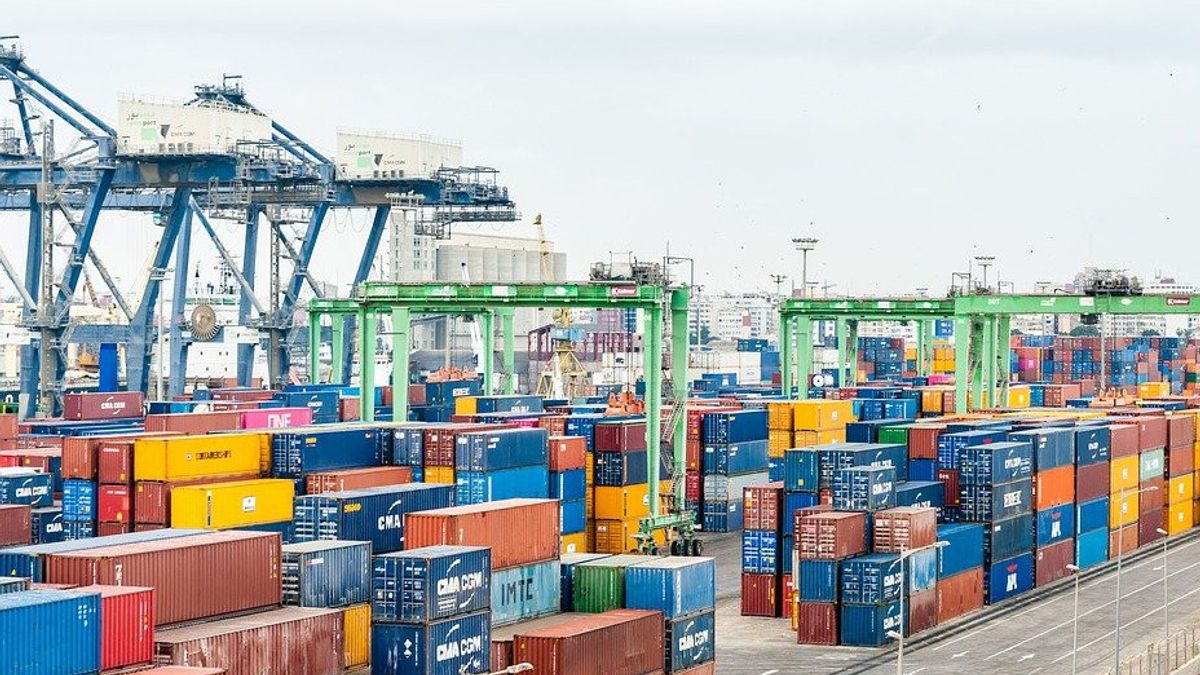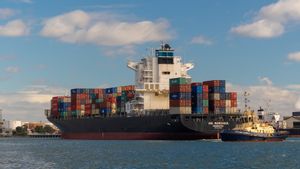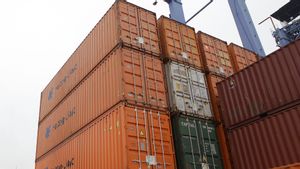JAKARTA - Permata Bank Chief Economist, Josua Pardede, warned that the potential slowdown in China's economy as Indonesia's main export destination will be a challenge for export performance in 2022.
"The International Monetary Fund (IMF) and the World Bank both project that China's economy is likely to slow down this year, potentially affecting the volume of demand for Indonesia's export commodities", said Josua, quoted from Antara on Tuesday, January 18.
The slowdown in China's economic activity is also expected to affect global commodity price trends, given that China's economic growth has a high correlation with global commodity prices such as crude oil, crude palm oil (CPO), and coal.
Meanwhile, Josua said that the components of export commodity prices, which are components other than export volume, are also expected to undergo a normalization process given the normalization of global supply chains.
Meanwhile, in 2021, export performance was very good, growing 41.88 percent compared to 2020, supported by the upward trend in global commodity prices, aka the commodity boom, which was triggered by disruption of global supply chains and the recovery of the world economy.
The high export, which has not been surpassed by the improvement in import performance, resulted in a trade balance surplus in 2021 reaching 35.3 billion US dollars, the highest since 2008.
SEE ALSO:
On the other hand, Josua predicts that the plan to normalize the US monetary policy in 2022 will also affect global commodity prices, considering that the increase in the US benchmark interest rate which has the potential to encourage the strengthening of the US dollar has an inverse relationship with export commodity prices.
"Therefore, Indonesia's export challenges will come from the slowdown in the Chinese economy to the potential strengthening of the US dollar which has implications for the potential decline in global commodity prices", he said.
Thus, he suggested that the government should continue to encourage the downstreaming of export commodities, namely CPO and coal, so that Indonesia's export performance does not always depend on global conditions, especially raw commodity prices in the international market, considering that Indonesia is still an exporter of raw commodities with low added value.
The English, Chinese, Japanese, Arabic, and French versions are automatically generated by the AI. So there may still be inaccuracies in translating, please always see Indonesian as our main language. (system supported by DigitalSiber.id)
















